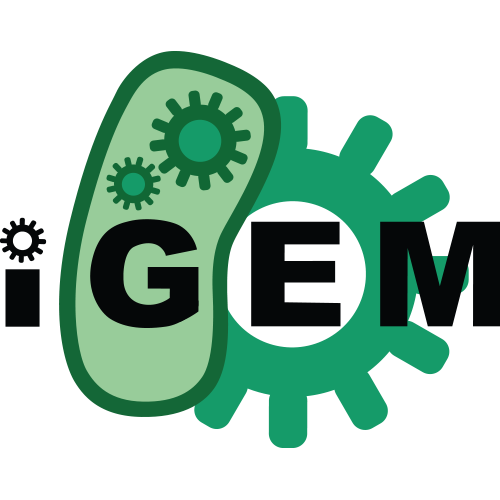Source:
Generated By: https://synbiohub.org/public/igem/igem2sbol/1
Created by: Justine Hsu
Date created: 2016-10-13 11:00:00
Date modified: 2016-10-17 07:51:52
Leishmania-2.3intron
| Types | DnaRegion |
| Roles | Regulatory promoter |
| Sequences | BBa_K1955001_sequence (Version 1) |
Description
The Leish-2.3intron is an intrinsic sequence between two highly expressed coding regions, p36 and NAGT, that contains stage-independent splicing sites in Leishmania. In Leishmania, the polycistronic RNA will be spliced into two transcripts and then be translated into two proteins. The proteins will thus be constitutively expressed. We designed this biobrick in order to enhance the expression of both the drug resistant gene and the target protein.This biobrick needs to be used with the Leish-5'UTR-HYG and Leish-3'UTR that we provide as a complete protein expression system for Leishamnia. Add the protein sequence in between the Leish-2.3 intron and Leish-3'UTR, and then add Leish-5'UTR-HYG before all the parts for Leishmania to expression your target protein stage-independently.
